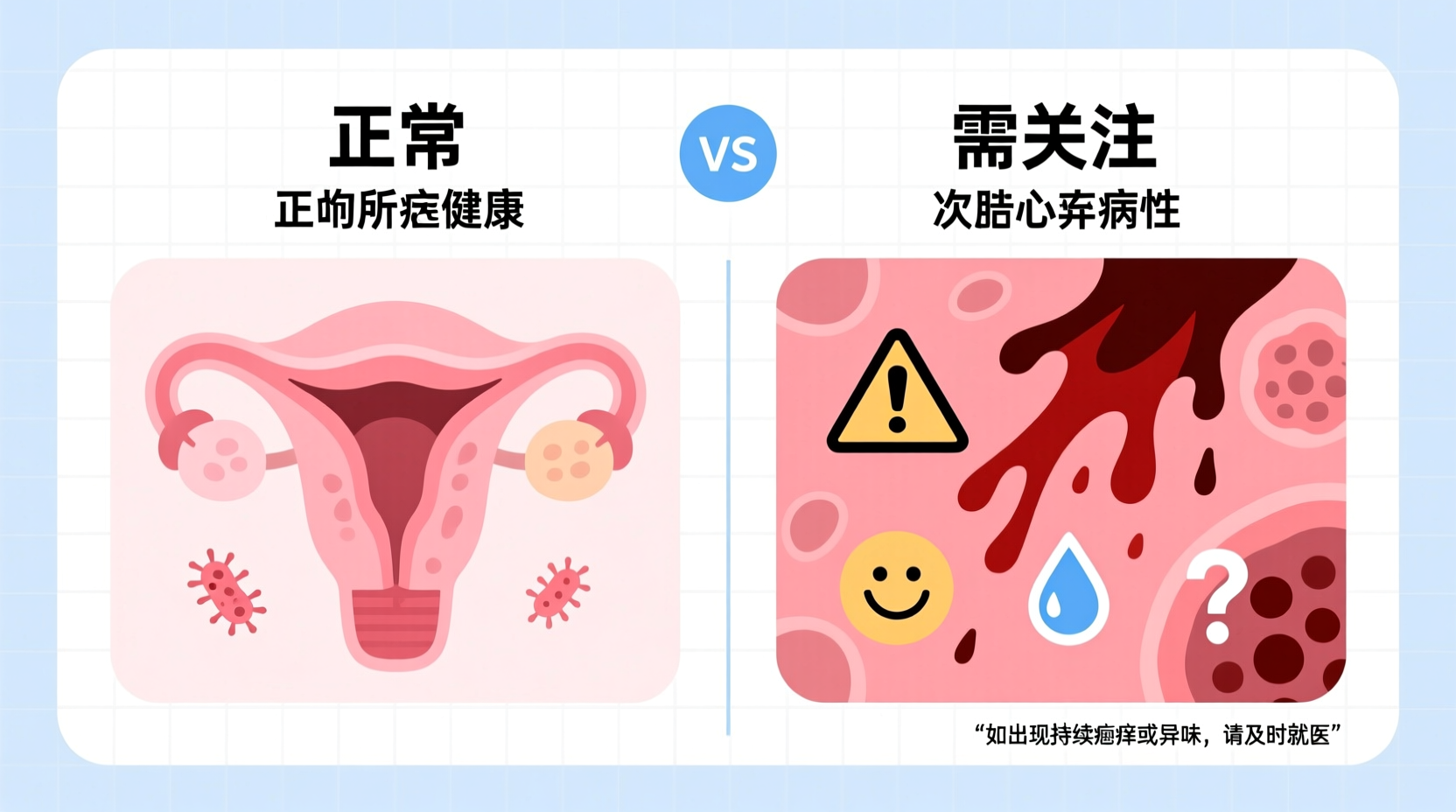Understanding Normal Vaginal Odor Patterns
Every vulvovaginal area has a natural scent influenced by pH levels (typically 3.8-4.5), sweat glands, and beneficial bacteria. The CDC confirms that healthy vaginal odor ranges from mild and musky to nearly undetectable. Temporary changes after exercise or menstruation are common. However, when women report vagina smells like onion persistently, we must distinguish between harmless variations and potential health concerns.
Common Causes of Onion-Like Vaginal Odor
Dietary influences often explain this phenomenon. When you consume sulfur-rich foods like garlic, onions, or asparagus, your body metabolizes these compounds into volatile substances excreted through sweat and bodily fluids. A 2018 NIH study documented how allium vegetables (onion family) alter body odor within 30 minutes of consumption.
| Cause Type | Duration | Associated Symptoms |
|---|---|---|
| Dietary influence | 24-48 hours | No discharge, no itching |
| Bacterial vaginosis | Persistent | Gray discharge, fishy odor |
| Hormonal shifts | Cycle-dependent | No abnormal discharge |
When Onion Odor Signals Health Concerns
The American College of Obstetricians and Gynecologists identifies bacterial vaginosis as the most common vaginal condition in women aged 15-44, affecting nearly 30% of women. While BV typically produces a fishy odor, some women describe it as onion-like, especially when combined with dietary factors. Key warning signs requiring medical attention include:
- Odor lasting more than 3 days after dietary changes
- Accompanying gray, frothy discharge
- Burning during urination
- Vaginal itching or irritation

Practical Steps for Odor Management
Before scheduling a doctor visit, implement these evidence-based strategies:
- Track dietary patterns for 72 hours to identify potential food triggers
- Wear breathable cotton underwear to reduce moisture buildup
- Avoid douching - the vagina self-cleans and douching disrupts healthy bacteria
- Use pH-balanced cleansers only on external areas (never inside the vagina)
When to Consult a Healthcare Provider
Follow this evidence-based timeline for seeking medical care:
- Within 24 hours: If odor accompanies severe pain, fever, or unusual bleeding
- Within 3 days: If odor persists after eliminating dietary triggers
- At next routine visit: For mild, intermittent odor without other symptoms
During your appointment, expect your provider to perform a pH test and possibly a whiff test to diagnose bacterial vaginosis. Never self-treat with home remedies like vinegar soaks, which can worsen imbalances.
Maintaining Healthy Vaginal Ecology
Preventive care focuses on supporting your natural microbiome:
- Change out of wet clothing promptly after swimming or exercise
- Wipe front to back after using the restroom
- Consider probiotic-rich foods like yogurt to support healthy bacteria
- Use unscented laundry detergent for underwear
Remember that vaginal odor after eating garlic typically resolves within 48 hours. Persistent changes indicate your body needs professional assessment rather than home solutions.
Can eating onions really make my vagina smell like onions?
Yes, consuming sulfur-containing foods like onions and garlic can temporarily alter body odor through metabolic byproducts excreted in sweat and bodily fluids. This effect typically lasts 24-48 hours and resolves without intervention.
Is onion-like vaginal odor a sign of bacterial vaginosis?
While bacterial vaginosis typically causes a fishy odor, some women describe it as onion-like, especially when combined with dietary factors. BV usually includes gray discharge and intensifies after intercourse. Only a healthcare provider can confirm diagnosis through pH testing.
How long should I wait before seeing a doctor about vaginal odor changes?
Consult a healthcare provider if odor persists beyond 3 days after eliminating dietary triggers, or immediately if accompanied by itching, burning, unusual discharge, or pain. Temporary changes related to diet typically resolve within 48 hours.
Can hormonal changes cause onion-like vaginal odor?
Yes, hormonal fluctuations during menstruation, pregnancy, or menopause can temporarily alter vaginal pH and odor. These changes usually follow your cycle pattern and don't include abnormal discharge or discomfort. Persistent odor unrelated to your cycle warrants medical evaluation.










 浙公网安备
33010002000092号
浙公网安备
33010002000092号 浙B2-20120091-4
浙B2-20120091-4